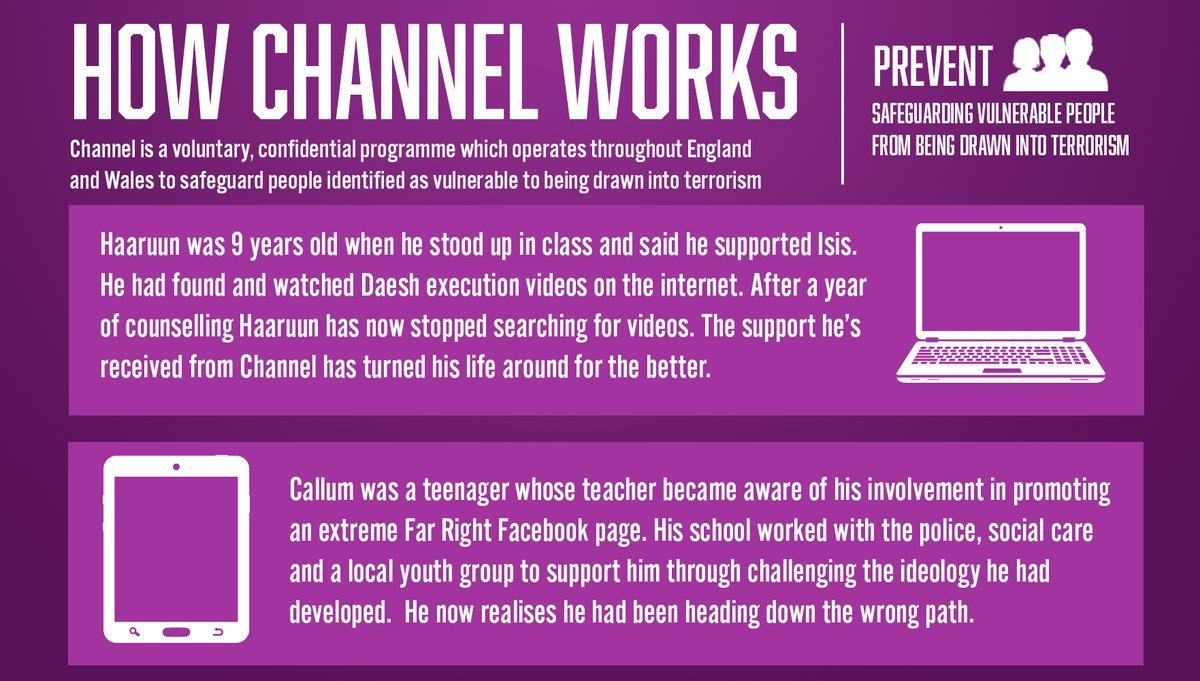At Bishop’s Waltham Junior School the health, safety and well-being of every child is our top priority.
Prevent Duty
Bishop’s Waltham Junior School is fully committed to safeguarding and promoting the welfare of all its pupils.
As a school we recognise that safeguarding against radicalisation is no different from safeguarding against any other vulnerability.
What are my school’s responsibilities under the Prevent duty?
All staff are expected to uphold and promote the fundamental principles of British values, including democracy, the rule of law, individual liberty and mutual respect, and tolerance of those with different faiths and beliefs.
On 1 July 2015 the Prevent Duty (section 26) of The Counter-Terrorism and Security Act 2015 came into force. This duty places the responsibility on local authorities to have due regard to the need to prevent people from being drawn into terrorism.
As part of Bishop’s Waltham Junior School’s commitment to safeguarding and child protection we fully support the government’s Prevent Duty.
Prevent Duty
All schools are required to “have due regard to the need to prevent people from being drawn into terrorism”. This is called the Prevent Duty.
This duty places the responsibility on schools to put in place robust procedures to protect its pupils from radicalisation and extremism.
Every school is different and a ‘one size fits all’ approach to dealing with the threat of extremism won’t work. Individual school based risk assessments should be taken into account based on the circumstances of the school and local community.
Protecting the children against extremism and radicalisation should be treated in the same way as protecting them from other harms such as drugs, gangs, neglect and sexual exploitation, whether these come from within their family or are the product of outside influences.
In addition to other safeguarding responsibilities, the school should also help pupils build resilience against extremism and radicalisation by fostering a strong ethos and values-based education, as well as by providing a safe space for them to debate controversial issues and develop the critical thinking skills and knowledge they need to be able to challenge extremist arguments.
There are no mandatory reporting requirements under the duty.
The Prevent duty is not about spying on pupils or carrying out unnecessary intrusion into family life. It’s about ensuring that staff know how to identify behaviour of concern and how to refer pupils who may be at risk of radicalisation for appropriate support.
Help protect pupils from the influence of extremism under the Prevent Duty.
Click on the link below to find common Q&A and useful resources.
What does the Prevent duty mean for schools?
The Prevent Duty is about ensuring that appropriate support is available for individuals who may demonstrate vulnerabilities to radicalisation. This is an extension of the safeguarding process in the same way that schools help to safeguard young people from child sexual exploitation, drugs and other forms of harm.
At Bishop's Waltham Junior we aim to build pupils’ resilience to radicalisation by promoting fundamental British Values and enabling them to challenge extremist views. It is important to emphasise that the Prevent duty is not intended to stop pupils debating controversial issues. On the contrary, school provides a safe space in which children and staff can understand the risks associated with terrorism and develop the knowledge and skills to be able to challenge extremist arguments.
Channel
Channel is a multi-agency approach to protect vulnerable people who may be susceptible to radicalisation. Channel is a voluntary, confidential programme which operates throughout England and Wales to safeguard people identified as vulnerable to being drawn into terrorism. It is a multi-agency process, involving partners from the local authority, the police, education, health providers, and others. Referring possible cases of early stage radicalisation works in a similar way to safeguarding processes designed to protect people from gang activity, drugs, and physical/sexual abuse.
It uses existing collaboration between the police, statutory partners and the local community to:
- Identify individuals at risk of being drawn into terrorism;
- Assess the nature and extent of that risk; and
- Develop the most appropriate support plan for the individuals concerned
- Operates in pre-criminal space
- Is a voluntary process.
Who can make a referral?
A referral can come from anyone who is concerned about a person they know who may be at risk of radicalisation, whether a family member, friend, and colleague or from a wide range of partners: social services, children and adult services youth offending teams, health, police, education establishments, and places of worship and community organisations (through the normal safeguarding process).
Click on the image below to find out more information about how Channel works.










